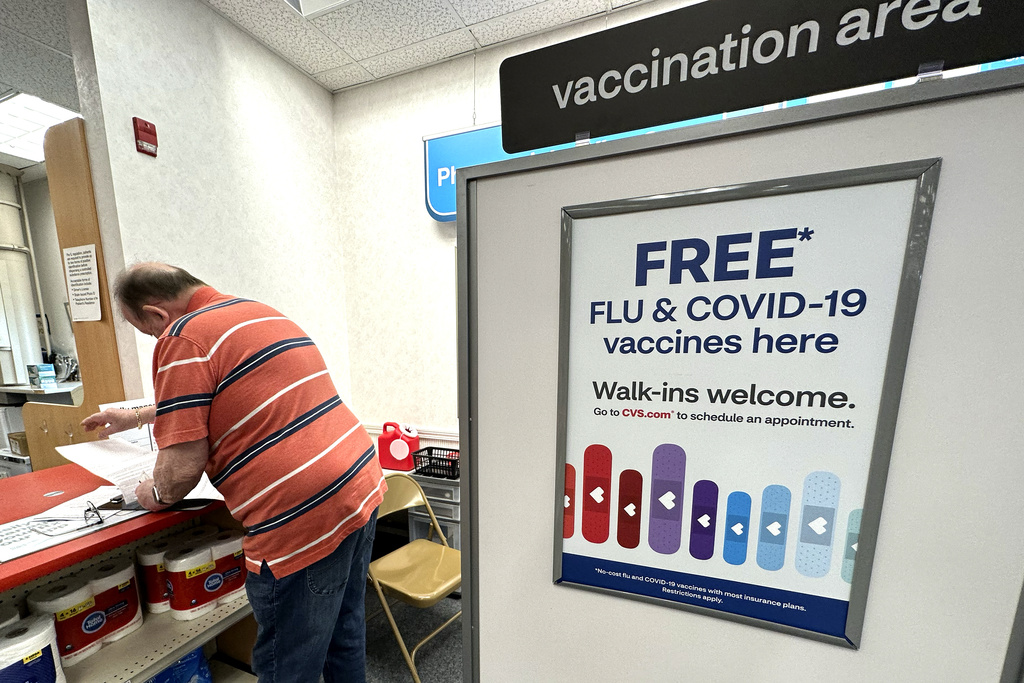Another day, another several grim COVID records. Wednesday’s U.S. toll of 3,963 coronavirus deaths is a new single-day record. New Hampshire, Oklahoma and Pennsylvania also set death count records.
"Every place in the country is now a hot spot, the word hot spot does not mean anything now," said Dr. Murtaza Akhter, an emergency room physician at Valleywise Health Medical Center.
Some states also reported single-day case records. Illinois became one of five states that have now recorded their millionth case since the pandemic began.
Dr. Ben Singer is at Northwestern Medical Center in Chicago. He says they’ve seen a constant surge of patients in both COVID floors and the ICU.
"We take excellent care of patients, but we're tired. And there is definitely fatigue that comes along from taking care of a huge number of very, very sick patients over a long period of time," Singer said.
Hospitalizations also set a record high Wednesday at 132,474 patients, according to the COVID Tracking Project.
Arizona hospitalizations and deaths set records over the past few days. This week the state has averaged more than 8,000 cases a day, more than double its summer peak.
"I wouldn't wish this on nobody. I consider myself lucky that they just gave me oxygen. I realized it's other people that are a lot worse," one patient in Arizona said.
The CDC is now forecasting the COVID-19 death toll could reach 438,000 by the end of January. That's 14,000 more deaths than predicted on December 30th.
As COVID vaccinations roll out, there’s a lag between getting vaccines to places and getting them into arms.
Take Arlington, Texas, where long lines of people wanting to be vaccinated waited outside a sports complex. Much of the logistics were left to the local and state governments, already strapped dealing with the other aspects of the pandemic.
"This damn stuff is so confusing," John Wiley Price, a Dallas County commissioner, said.
"The expectation is really maybe not until July to October that there's adequate supply for the general population, but understanding that it is changing daily," said Dr. Philip Huang, the health and human services director for Dallas County.











